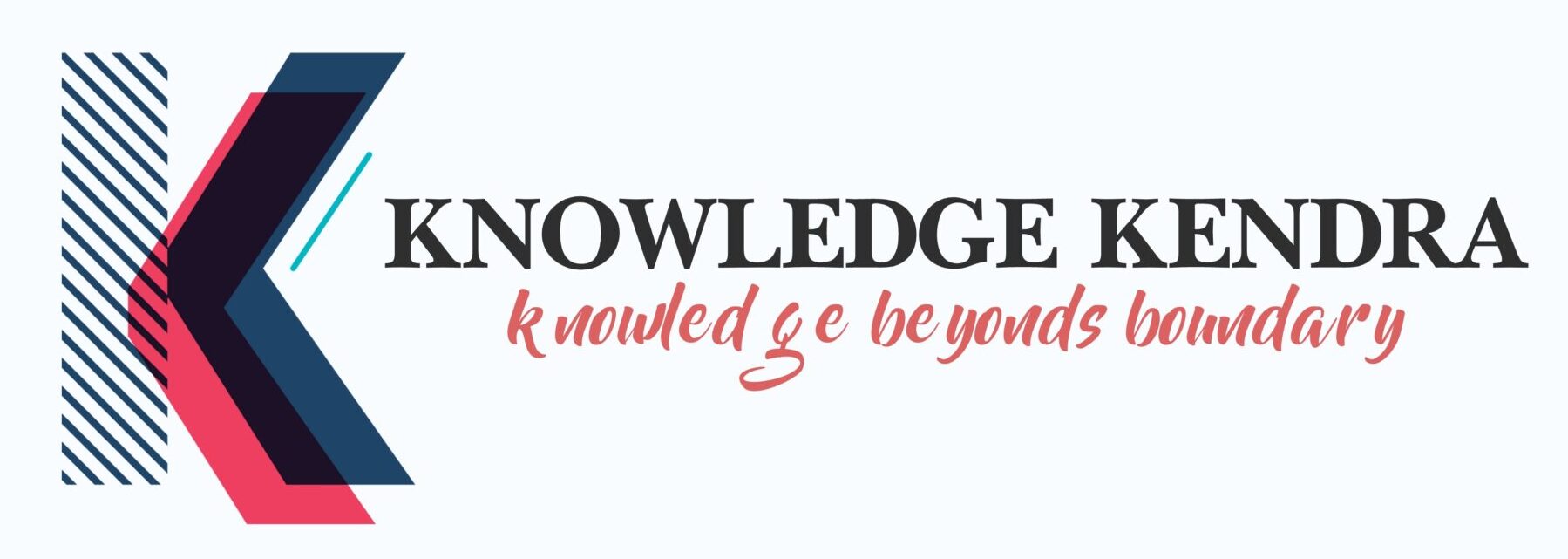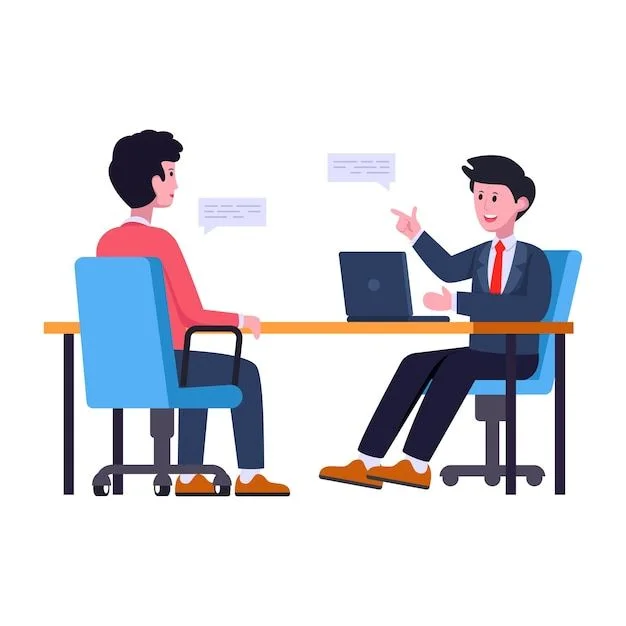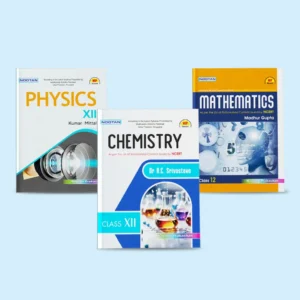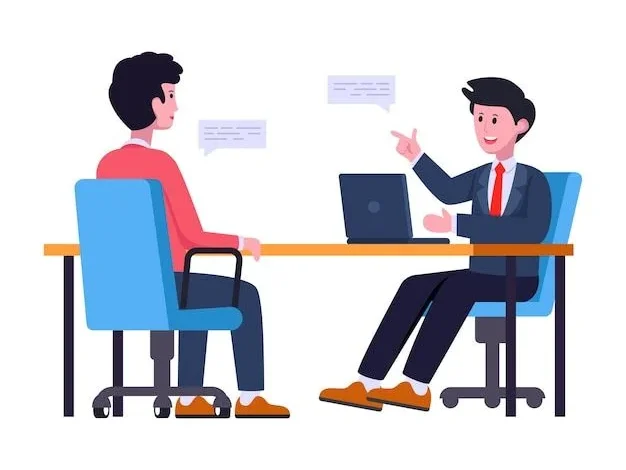
“Prepare for success with the top 10 essential most asked interview question. Learn how to answer it effectively and leave a lasting impression on your potential employer.”
Introduction
Every interview is unique, some questions frequently come up across various industries. Preparing for these common questions can give you an edge in your interview. This post’ll cover the most asked interview questions and tips on answering them effectively. By preparing effectively, you’ll increase your chances of success and leave a lasting, positive impression on your potential employer.
How to prepare for interview
To prepare for an interview, research the company and the role, practice common questions, and highlight your skills with relevant examples. Dress professionally, bring necessary documents, and prepare thoughtful questions for the interviewer. Focus on confidence, maintain positive body language, and ensure you’re well-rested for the best performance.
1. Tell Me About Yourself
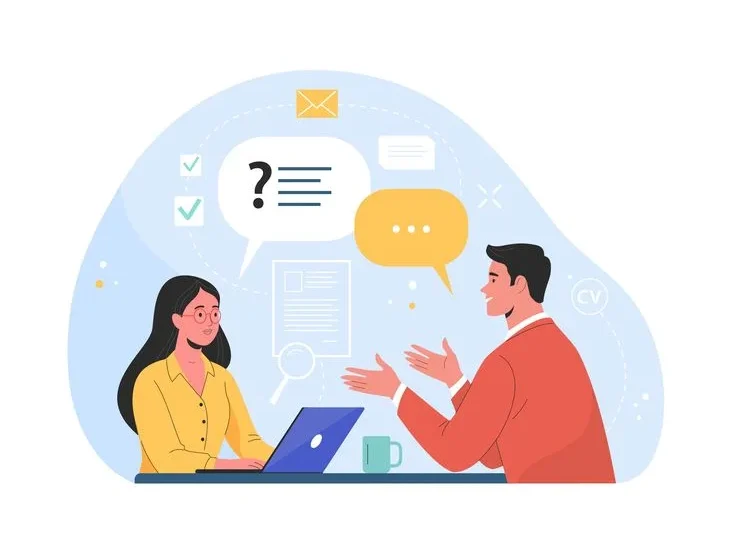
What They’re Looking For:
This question is often used to break the ice. Interviewers want to gauge your communication skills and get a brief overview of your background.
Example:
“I am currently a marketing coordinator at XYZ Company, where I manage our social media campaigns and analyze their effectiveness. Previously, I worked as an intern at ABC Corporation, assisting in brand development. I am excited about this role at your company because it will allow me to leverage my skills in a dynamic environment.”
2. What Are Your Strengths?
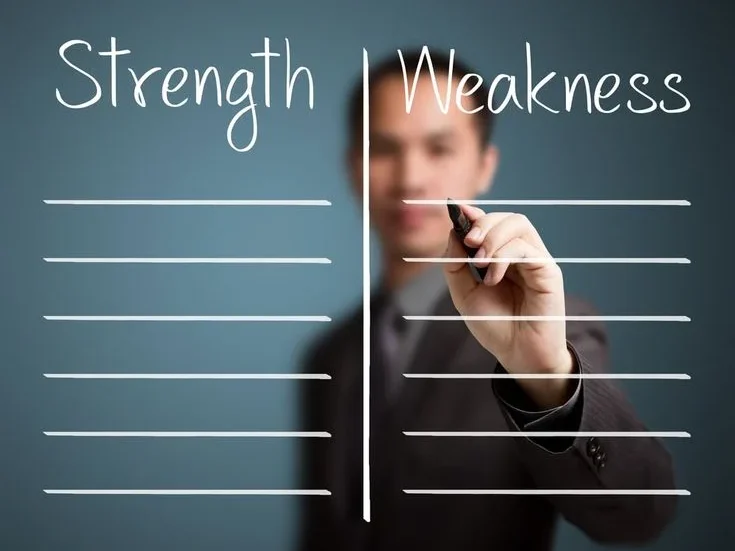
What They’re Looking For:
Interviewers want to know how your strengths align with the job requirements.
Example:
“One of my strengths is my attention to detail. In my previous job, I successfully managed a project that required precise data analysis. I identified discrepancies that saved the company a significant amount of money.”
3. What Are Your Weaknesses?
What They’re Looking For:
They want to see if you are self-aware and how you manage challenges.
Example:
“I tend to be a perfectionist, which sometimes slows me down. However, I’ve been working on setting more realistic deadlines for myself and prioritizing tasks to ensure that I meet all my commitments.”
4. Why Do You Want to Work Here?
What They’re Looking For:
They want to assess your interest in the company and the position.
Example:
“I am impressed by your company’s commitment to sustainability and innovation. I share these values and believe that my background in environmental science will allow me to contribute effectively to your team.”
5. Describe a Challenge You Faced at Work and How You Dealt with It.
What They’re Looking For:
Interviewers want to evaluate your problem-solving skills and resilience.
Example:
“At my last job, we faced a significant drop in customer satisfaction. I led a team to conduct surveys and gather feedback. Based on the results, we implemented new training for customer service representatives. Within three months, customer satisfaction scores improved by 30%.”
6. Where Do You See Yourself in Five Years?
What They’re Looking For:
They want to know about your career goals and if they align with the company’s trajectory.
Example:
“In five years, I hope to have advanced into a managerial role where I can lead projects and mentor junior team members. I believe this position will help me develop the necessary skills to reach that goal.”
7. Why Should We Hire You?
What They’re Looking For:
They want to see if you can compellingly summarize your skills and experiences.
Example:
“With my extensive experience in digital marketing and my proven track record of increasing brand visibility, I am confident that I can bring value to your team. I have successfully managed campaigns that resulted in a 40% increase in engagement, which aligns with your goals.”
8. How Do You Handle Stress and Pressure?
What They’re Looking For:
They want to assess your coping strategies and resilience.
Example:
“I handle stress by prioritizing my tasks and setting clear deadlines. During a particularly busy season at work, I created a detailed schedule that helped me manage my workload effectively while maintaining quality.”
9. What Motivates You?
What They’re Looking For:
Interviewers want to understand your work ethic and what drives you to succeed.
Example:
“I am motivated by the opportunity to solve complex problems and make a positive impact on my team. I thrive when I can collaborate with others to achieve a common goal, which is something I look forward to in this position.”
10. Do You Have Any Questions for Us?
What They’re Looking For:
They want to see your interest in the role and the company.
Example:
“I’d love to know more about the team I’d be working with and how this role contributes to the company’s overall goals.”
Conclusion
Preparing for common interview questions can significantly enhance your confidence and performance during the interview. By understanding what interviewers are looking for and practicing your responses, you’ll be better equipped to make a great impression. Remember to tailor your answers to your experiences and the job you’re applying for. Good luck, and go shine in your next interview!
When it comes to preparing for a job interview, knowing how to answer the most commonly asked questions can make a significant difference. Among these, one question stands out as an essential that every candidate should be prepared for: “Tell me about yourself.” While this may seem like a simple introductory question, it is actually an opportunity to showcase your skills, experiences, and personality in a way that makes a memorable impression on your potential employer.
By preparing a clear, concise, and compelling response to this question, you set the tone for the rest of the interview. It’s your chance to guide the conversation and highlight your most relevant qualifications, experiences, and what makes you a unique fit for the role. A well-crafted answer demonstrates not only your professionalism but also your communication skills, which are crucial in nearly every job.
The key to answering this question effectively lies in structure. You want to craft your response in a way that aligns with the job you’re applying for while still remaining true to your story. A simple framework to follow is the present, past, future method. Start by briefly introducing your current role or experience, then touch on relevant past experiences or accomplishments that led you to this point, and finally, explain your future goals and why this position aligns with those ambitions.
For example, if you’re applying for a marketing role, you could begin by talking about your current work or academic background in marketing, then move on to highlight a significant past project or accomplishment that demonstrates your skills. Conclude by discussing how this position aligns with your career goals, such as wanting to take on more responsibility or work with a particular team. By doing this, you provide a clear, structured narrative that keeps the interviewer engaged.
However, it’s not just about what you say, but how you say it. Confidence is crucial when answering this question. Employers want to see that you believe in your abilities and that you’re genuinely interested in the role. Avoid rambling or going off on tangents. Instead, stay focused on what is most relevant to the position and the company.
Another important aspect to remember is authenticity. While it’s important to tailor your response to the job, you should also ensure that your answer reflects your true self. Employers value candidates who are authentic and self-aware. Being genuine in your answer helps build rapport and makes you more relatable, which can set you apart from other candidates.
In addition, keep your answer brief and to the point. While it’s tempting to provide an exhaustive history, interviewers appreciate candidates who can communicate effectively in a concise manner. Ideally, your response should last no longer than two minutes, allowing the conversation to flow smoothly and enabling the interviewer to ask follow-up questions based on the key points you’ve shared.
In conclusion, preparing for the most essential interview question—“Tell me about yourself”—is an important step in your job search journey. A thoughtful, well-structured, and confident response can set you apart from other candidates and establish a strong first impression. Remember, this question is an opportunity to highlight your strengths, explain why you’re a great fit for the role, and show your enthusiasm for the position. By preparing effectively, you’ll increase your chances of success and leave a lasting, positive impression on your potential employer.
